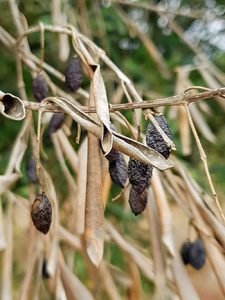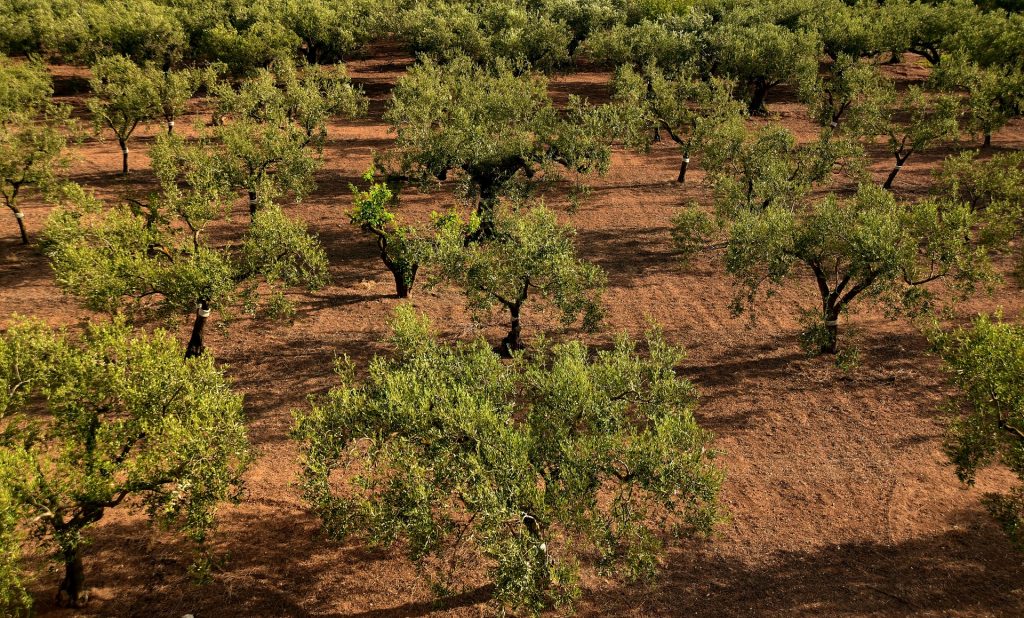Deadly olive tree disease across Europe ‘could cost billions’
RESEARCHERS say the economic costs of a deadly pathogen affecting olive trees in Europe could run to over €20 billion.
They’ve modelled the future worst impacts of the Xylella fastidiosa pathogen which has killed swathes of trees in Italy. Spread by insects, the bacterium now poses a potential threat to olive plantations in Spain and Greece.
The disease could increase the costs of olive oil for consumers.
Xylella is considered to be one of the most dangerous pathogens for plants anywhere in the world. At present there is no cure for the infection. It can infect cherry, almond and plum trees as well as olives.
It has become closely associated with olives after a strain was discovered in trees in Puglia in Italy in 2013. The infection limits the tree’s ability to move water and nutrients and over time it withers and dies.
In Italy, the consequences of the spread of the disease have been devastating, with an estimated 60% decline in crop yields since the first discovery in 2013.

As well as in Italy, the Xylella bacterium has now been found in Spain, France and Portugal.
Tackling it at present involves removing infected trees and trying to clamp down on the movement of plant material and the insects that spread the disease.
The team made projections for Italy, Spain and Greece, which between them account for 95% of European olive oil production.
In Spain, if the infection expanded and the majority of trees became infected and died, the costs could run to €17 billion over the next 50 years. A similar scenario in Italy would amount to over five billion, while in Greece, the losses would be under two billion.
If the rate of infection is slowed down, or resistant varieties are planted instead, then these costs would be significantly reduced. However, the authors believe, whatever happens, there will likely be a knock-on impact on consumers.
“The expected effect could be that there would be a shortage of supply,” said lead author Kevin Schneider from Wageningen University in the Netherlands.
“And I would expect that if prices go up, consumers will be worse off.”









